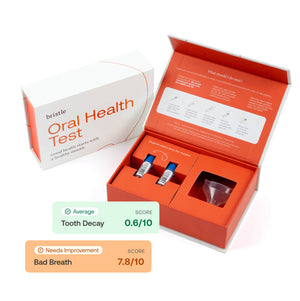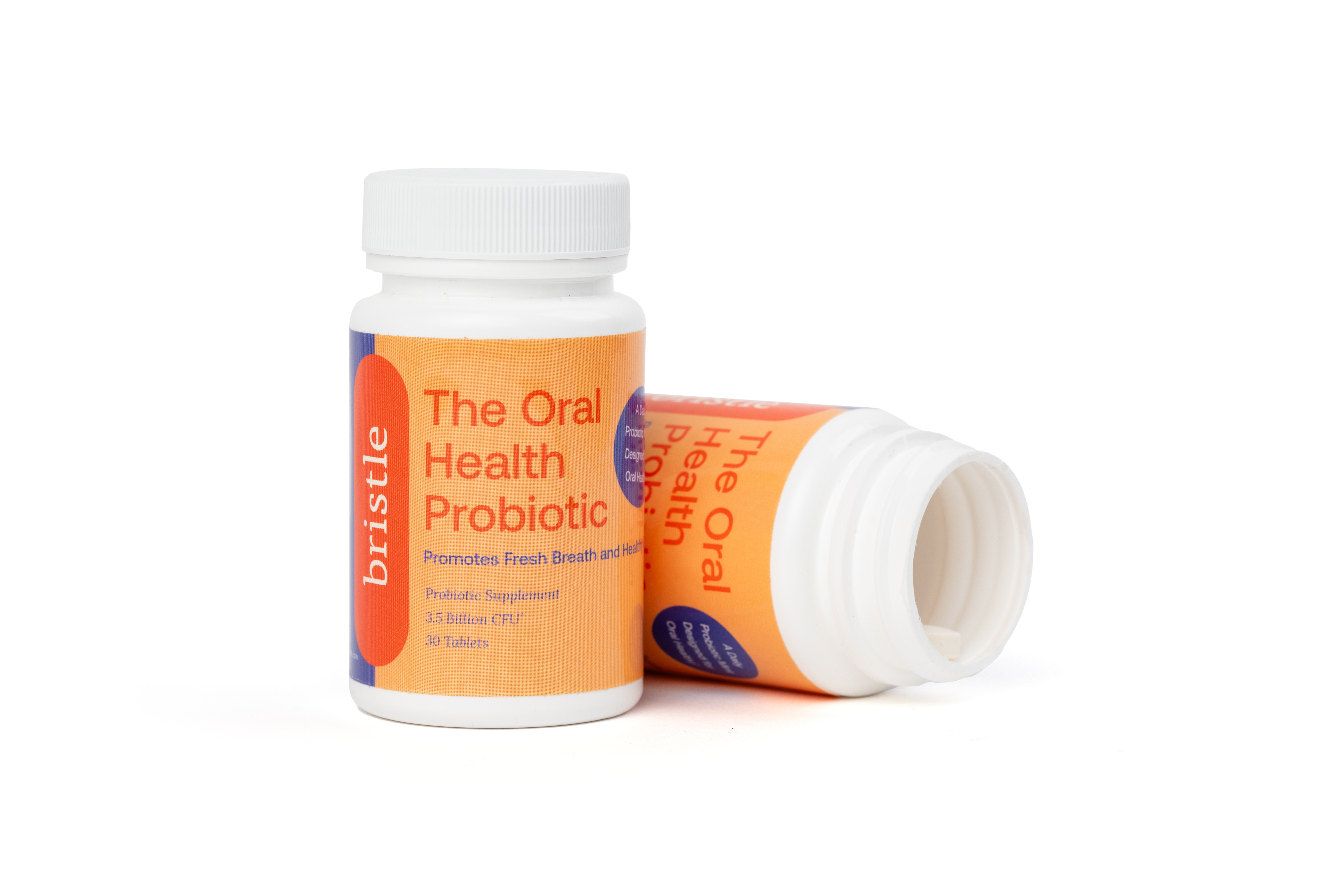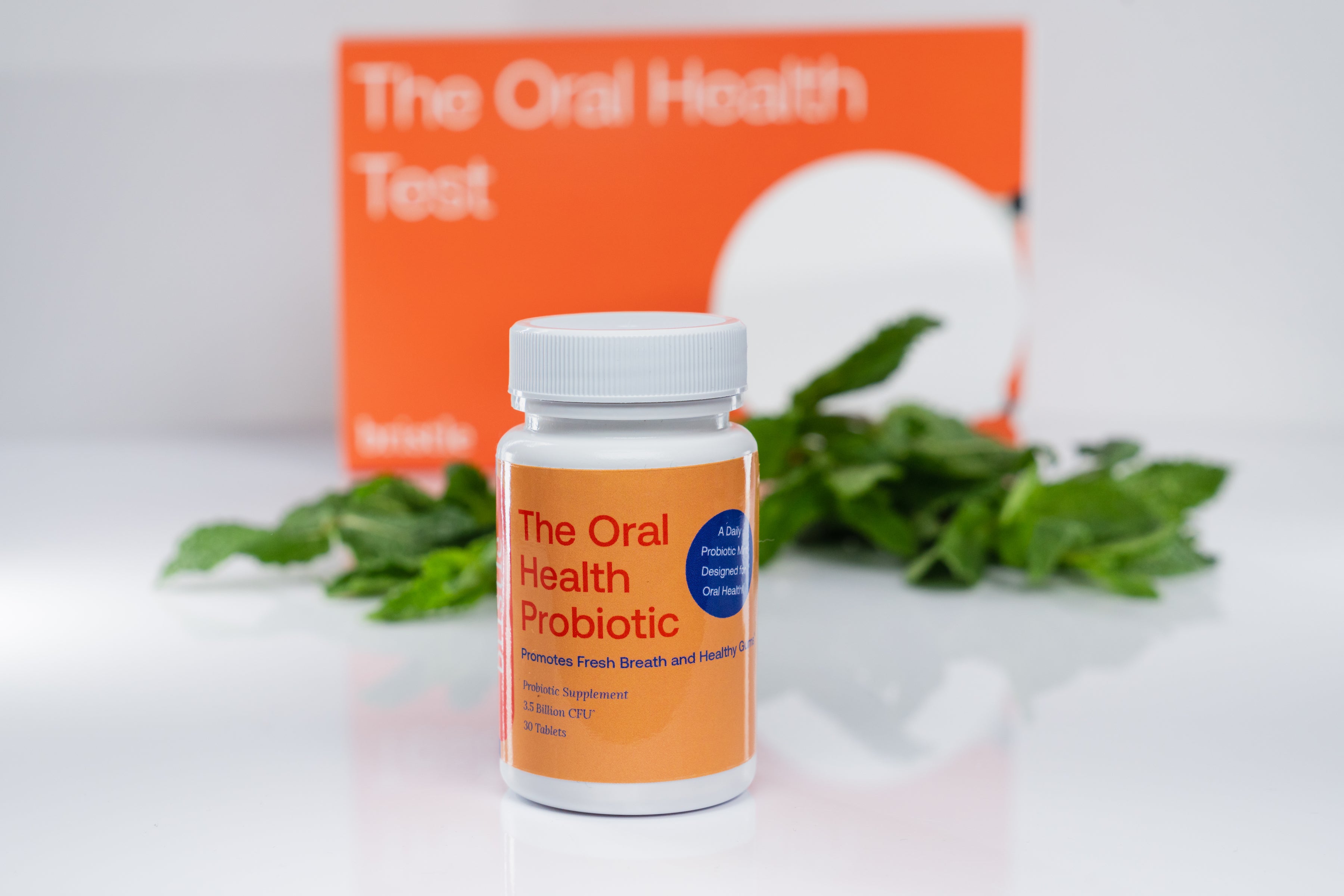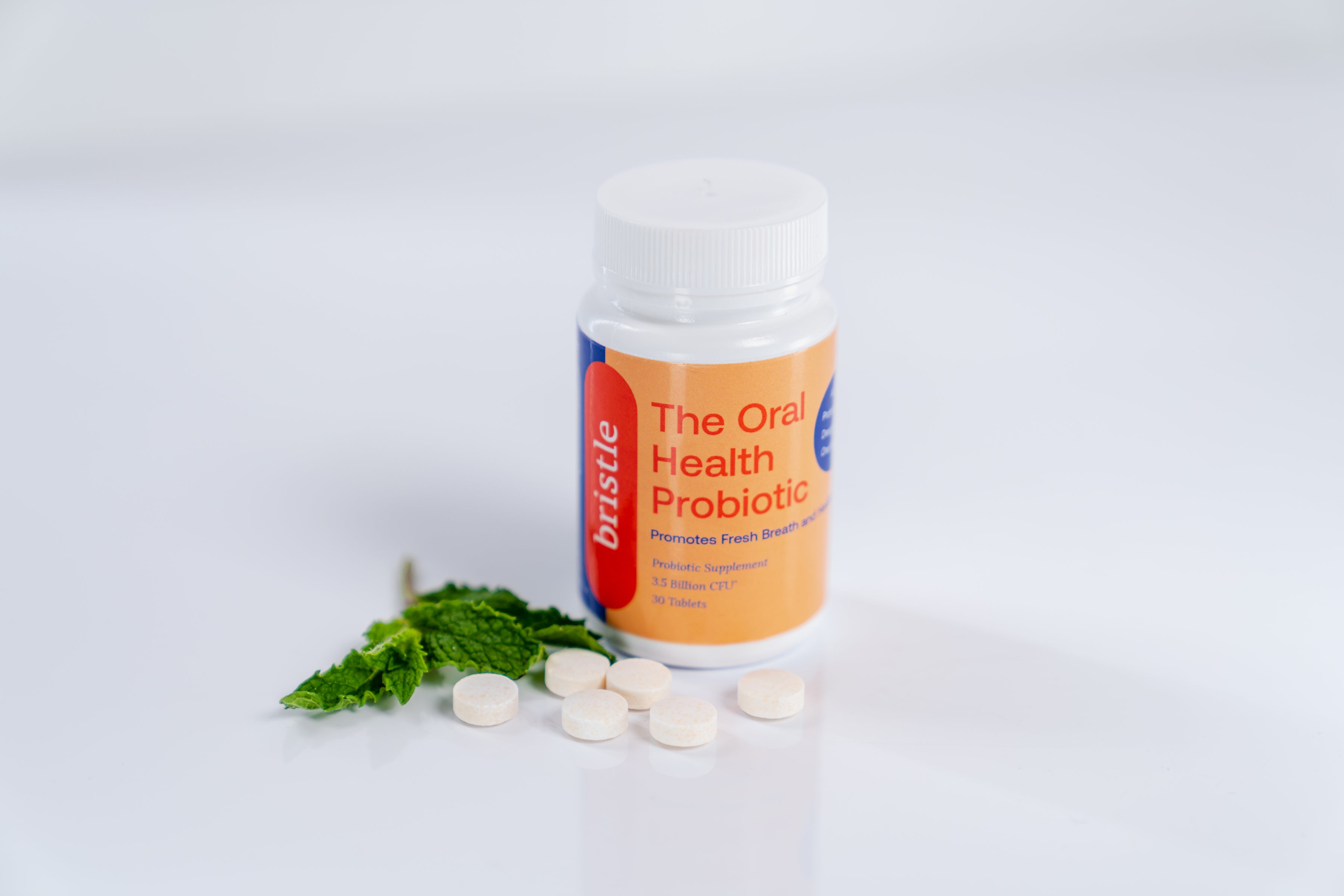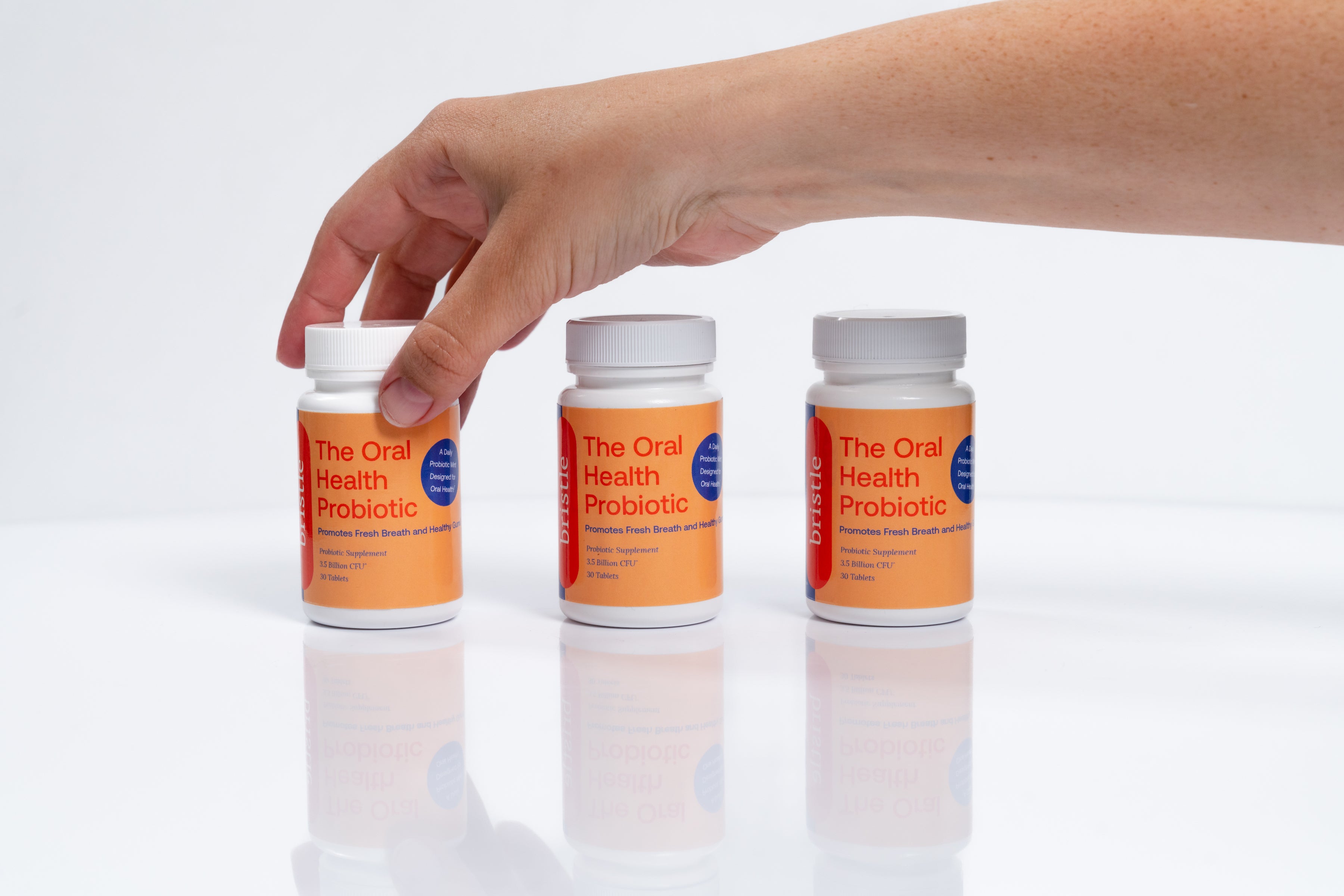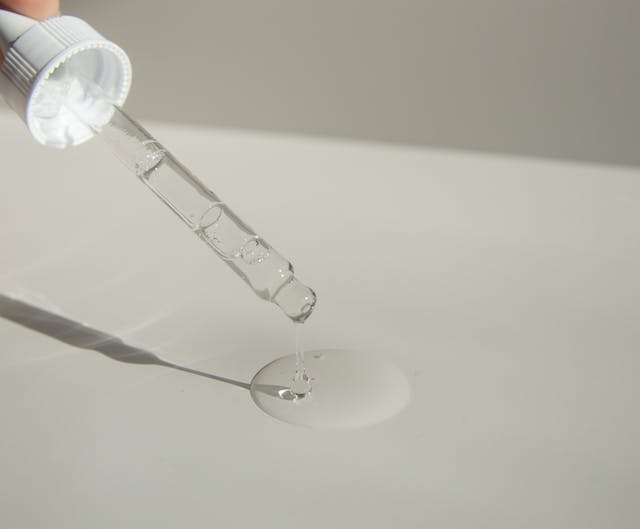Only about 15% of the United States population would rate their current oral health as excellent. Because of this, more people living in the United States want to visit the dentist more often than they currently are.
While the American Dental Association (ADA) recommends regular dental visits every six months, this doesn't happen for everyone. Even those who do go to the dentist this often may not be doing everything that they need to be doing at home to better their oral hygiene.
Whether you're a regular dental patient or not, it is important to maintain your oral health. You may not realize how your oral health can affect other areas of your body. To learn more about how it does, keep reading.
1. Reduce Your Risk for Cardiovascular Disease
Your oral health may be directly related to the health of your heart. More specifically, your oral health can affect your arteries.
The bacteria that live in your mouth can enter your bloodstream through cuts in your gums. Over time, the bacteria can build up and trigger inflammation that affects the body’s ability to metabolize fats and lipids. These can then build up and harden into plaque that cause blockages along your arteries. The presence of these blockages is known as atherosclerosis which is a form of cardiovascular disease.
If this buildup of plaque ruptures, it can lead to a blood clot, and if this happens in the heart can trigger a heart attack.This could cause permanent damage to the heart muscle.
Cardiovascular disease, also known as heart disease, is the number one killer in the United States. One person dies every 36 seconds from this disease.
So, you want to do everything you can to avoid developing this condition. Brushing and flossing don't seem like much when it means that you're protecting your heart.
2. Protect Your Brain Cells
Recent research has uncovered that gum disease-causing bacteria may also affect the health of your brain.
If these oral bacteria get into your brain via your bloodstream, you may be increasing your risk for memory loss, Alzheimer's disease, and other brain-related conditions.
The gum disease-causing bacteria from your mouth release toxins that are damaging to your brain and bloodstream.
By taking care of your oral health through brushing and flossing, you'll be getting rid of harmful bacteria that could be negatively affecting your brain.
3. Lower Your Risk for Kidney Disease
Higher levels of gum disease-causing oral bacteria can increase your risk for kidney disease.
Remember, your kidneys make up the filtration system of your body. Both of your kidneys filter your blood and produce urine from the excess products. So, when harmful oral bacteria gets into your bloodstream, it eventually makes its way to the kidneys.
While your kidneys are equipped to handle harmful substances, they can become overworked. In gum disease, the pathogenic (harmful) bacteria can trigger chronic inflammation that may contribute to progression of kidney disease.
Whether you already have kidney disease or not, you should take care of your oral health so that you don't start or worsen the damage to your kidneys.
4. Have Better Respiratory Health
Every time that you breathe, the bacteria from your mouth goes directly into your lungs. While we have some physical and chemical mechanisms to prevent this, the bacteria may still be able to pass through.
Over time, the build-up of this harmful bacteria can make you vulnerable to respiratory infections. Therefore, people with poor oral health are at a greater risk for conditions like pneumonia and bronchitis.
If you have a healthy community of bacteria in your mouth, you will reduce your risk of disease causing-bacteria entering your lungs.
5. Improve Your Fertility
If you're struggling with infertility, you might want to check your oral health. Some oral diseases like gum disease can affect levels of certain hormones like progesterone and estrogen. These diseases can also limit how well particular fertility treatments work.
Gum disease is also linked to early deliveries and low birth weights in pregnancies. So, whether you're actively trying or expecting, you should be taking care of your oral health.
6. Lower Your Risk for Cancer
Oral bacteria have been associated with the development of certain types of cancer.So by taking care of your oral health can reduce your risk of developing several types of cancer, including oral cancer, blood cancers, and more.
By reducing the levels of disease-causing oral bacteria, you're reducing the chance for it to go elsewhere in the body. This reduces the chance of the bacteria colonizing around your body and triggering inflammation and damaging cells around your body.
Practicing good oral hygiene can protect multiple areas of your body from developing these kinds of cellular changes.
Better Your Oral Health
At the end of the day, your oral health matters. The condition of your teeth, gums, and mouth determines what you can and cannot eat and drink, and affect your swallowing, talking, singing, and more.
It's time to take control of your oral health and give your mouth the love and care that it deserves. After all, it does a lot for you.
To get started, you should take advantage of our oral health testing platform. We can help you learn more about your current oral health status so that you can learn more about how to optimize your oral health.

